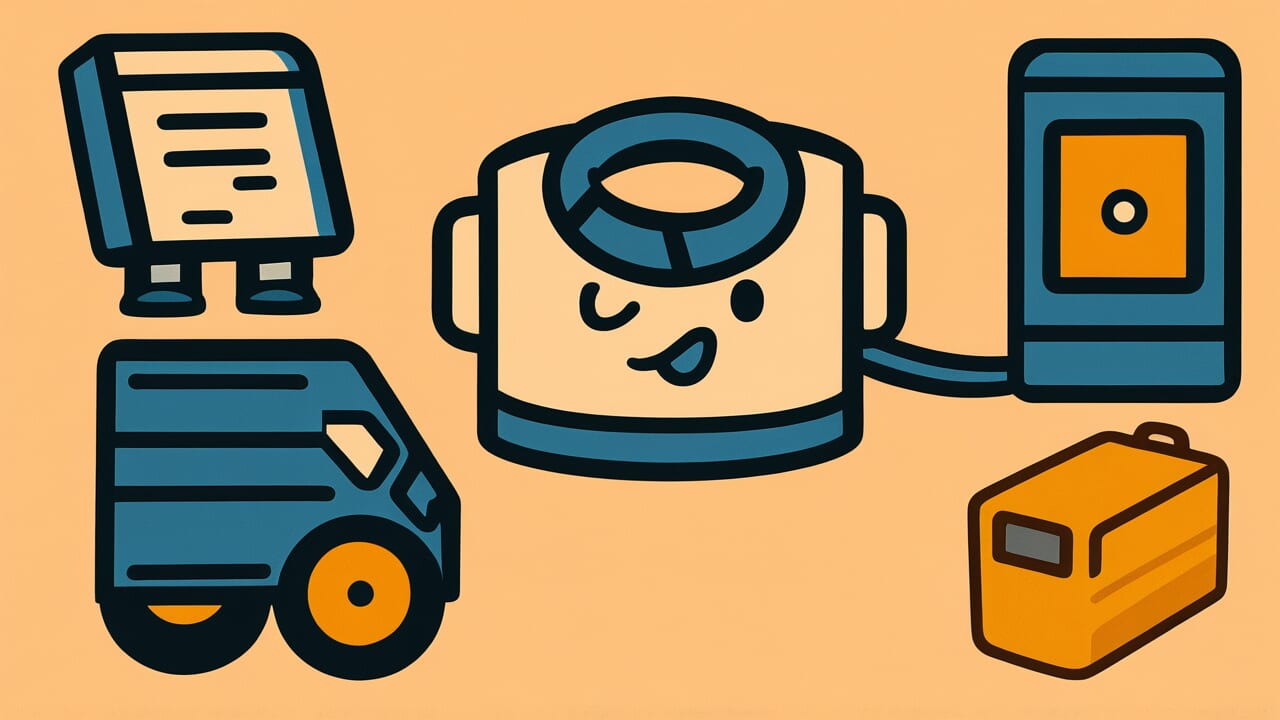How to Read “Big problems turn into small ones, small problems turn into nothing”
Daiji shō ni kashi shōji mu ni kasu
Meaning of “Big problems turn into small ones, small problems turn into nothing”
This proverb means that even big problems can shrink into small ones if you handle them properly. Small problems can be completely solved and disappear if you deal with them correctly.
The key phrase here is “handle them properly.” This doesn’t mean ignoring problems or pretending they don’t exist. It means taking the right action at the right time to make things better.
This expression teaches the importance of staying calm and dealing with problems step by step. Don’t give up or panic when trouble appears.
It offers practical wisdom especially for organizations and relationships. If you put out a small spark early, you can prevent a huge fire.
Even today, people use “Big problems turn into small ones, small problems turn into nothing” as a reminder. When trouble strikes, this mindset can help you avoid the worst outcomes.
Origin and Etymology
The exact source of this proverb has several theories. It likely draws from ancient Chinese philosophy, especially Laozi’s concept of “natural action without force.”
Confucian teachings about preventing problems before they start also influenced this saying.
Looking at the structure, the proverb contrasts “big problems” with “small problems.” The verb “turn into” appears twice, showing how problems shrink in stages.
The word “turn into” suggests natural change. It’s not about forcing solutions with brute strength. Instead, proper handling lets problems naturally become smaller.
In Japan, this saying appeared in moral instruction books during the Edo period. It spread beyond the samurai class to merchants and common people.
Leaders especially valued this wisdom. It taught them to handle issues properly before they grew out of control.
This expression survived through generations for good reasons. It reflects the Japanese cultural value of “not making waves.”
It also shows practical wisdom about preventive action. The teaching remains timeless: don’t ignore problems, act early with the right approach, and you can avoid major disasters.
Usage Examples
- We got a customer complaint, but we responded sincerely. Big problems turn into small ones, small problems turn into nothing—in the end, the customer thanked us.
- Small disagreements in the team can follow the principle of big problems turn into small ones, small problems turn into nothing if we discuss them right away. Don’t put them off.
Universal Wisdom
This proverb has survived because it speaks to our deepest fears and hopes. We all experience moments when problems seem too big to handle.
In those moments, people typically react in two ways. Some turn away and ignore the problem. Others become so afraid they freeze up completely.
But our ancestors understood the true nature of problems. Even the biggest issue can change with proper handling.
This isn’t magical thinking. It’s a message of hope: steady, step-by-step effort really works.
In human society, problems snowball mainly because we fail to act early. We ignore small cracks, let misunderstandings sit, and dismiss minor complaints.
These neglected issues pile up. Eventually they grow into disasters beyond repair.
This proverb offers a clear answer to the eternal question of how to face problems. Don’t run away—confront them. Act early. Keep taking appropriate steps.
These three principles are the essence of problem-solving. They remain true no matter how times change.
When AI Hears This
Dealing with problems while they’re small makes perfect sense from a thermodynamics perspective. Everything in the universe tends toward disorder when left alone.
This is the law of entropy increase. A room gets messy if you don’t clean it. It never tidies itself.
The key insight is how timing affects efficiency. Spill a cup of water and you can wipe it up with one tissue.
But leave it alone and it spreads across the floor. It soaks into the wood and grows mold. Now you need to replace the entire floor—a massive energy investment.
In the early stages of disorder, just a little energy can restore order.
Physicist Maxwell imagined a thought experiment called “Maxwell’s demon.” This being observes molecular motion and controls the entire system with tiny interventions.
Early action works like this demon. You use information to intervene at minimum cost. When problems are small, you can see the whole picture clearly.
You can easily spot where to apply effort for maximum effect.
Entropy increase accelerates over time. The cost of ignoring problems doesn’t grow in a straight line. It grows exponentially.
Lessons for Today
Modern life constantly tempts us to postpone problems. We delay email replies, ignore small relationship tensions, and dismiss minor health changes.
We use busyness as an excuse to put off today’s tasks until tomorrow.
But this proverb gives you courage. No matter how big a problem looks, proper handling will make it smaller. Small problems disappear when you face them properly.
Knowing this truth keeps you from feeling overwhelmed. You can take that first step.
The goal isn’t perfect solutions. It’s doing your best with what you have now. It’s taking action while problems are still small.
Talk through workplace misunderstandings the same day they happen. Rest early when your body feels off. Speak up honestly when relationships feel strange.
This proverb teaches more than problem-solving techniques. It teaches you to live without turning away from what needs facing.
Your courageous first step today prevents tomorrow’s disaster.



Comments